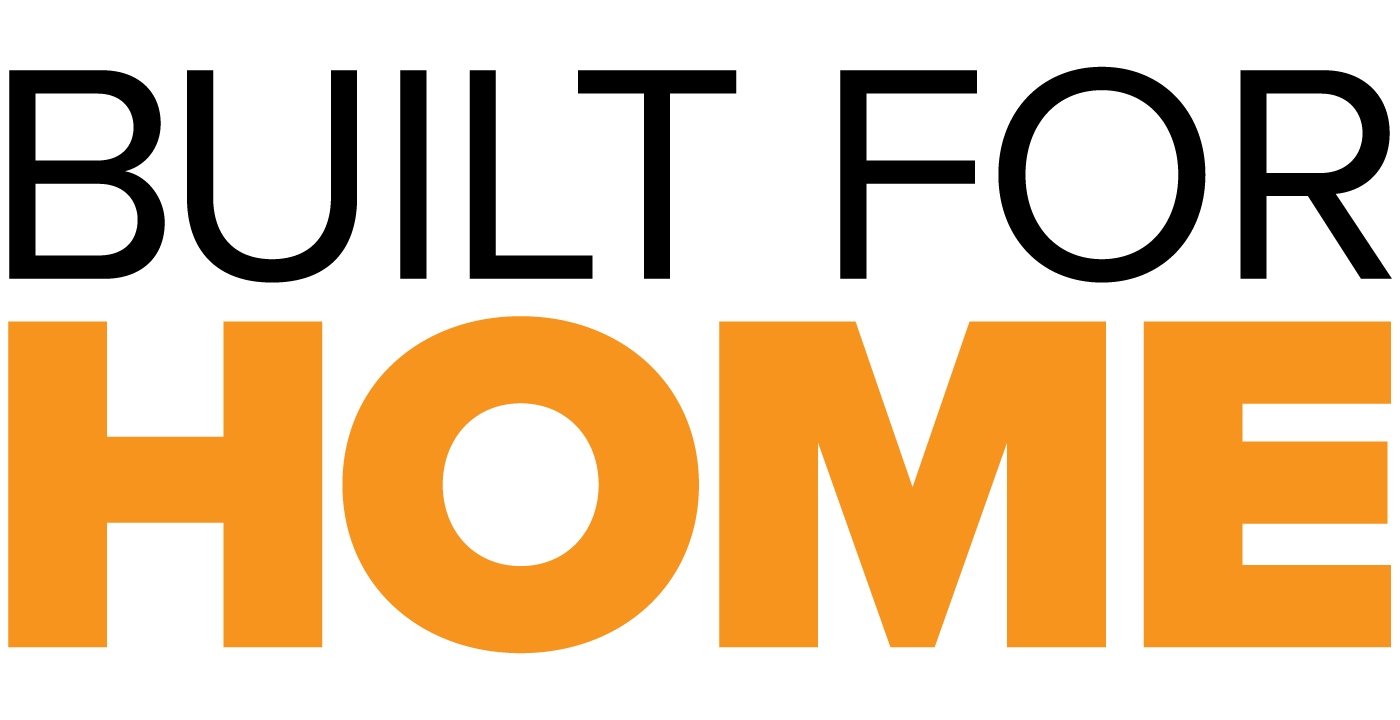
Retail Focus: Utilizing Marketing Automation for Direct Consumer Sales
1 Lead Nurturing & Conversion Optimization
Personalized, timely communication is still the best way to guide potential customers through the sales funnel, especially through targeted content and offers.
But, did you know that the right marketing automation tools can help you do all this (and more!) with record efficiency?
For example:
- Automated email workflows: Consider setting up automated email sequences triggered by user actions, like website visits or downloads. This helps ensure more timely, efficient, and personalized content delivery — making your customers feel truly seen.
- Personalized follow-up: Create deeper connections with your customers by customizing follow-up and reminder messages based on their specific interactions with your products or content. This can be a great way to address individual interests and concerns, without overwhelming prospects with overly ‘sales-based’ content.
- Lead scoring: Implement an automated lead scoring system to help your sales and marketing teams prioritize leads based on customer engagement levels and buying intent. By shifting your teams’ focus onto the leads most likely to convert, you can reduce the amount of resources wasted on low-value leads and ‘tire kickers’.


2. Sales Automation & Efficiency
When it comes to sales conversations, timing really is everything. But unfortunately, time can be limited when sales teams are tied up with manual lead generation efforts and other repetitive tasks.
Luckily, with the right approach to marketing automation, you can free up valuable time for your sales team to focus on more strategic initiatives.
Here are some examples of how automation can take some repetitive marketing tasks off your hands:
- Behavioral segmentation: Automatically segmenting your leads based on customer behavior and preferences can help you deliver more targeted value than ever. For example, with the right insights into customer behavior, you can group your products more effectively and even deliver personalized offers that align with individual customer needs and their stage in the buyer’s journey.
- Order confirmations and shipping notifications: Consider setting up triggered order confirmations and shipping updates for customers already engaged with your products. This can not only improve transparency and customer satisfaction, also increases the likelihood of future sales.
- Upselling and cross-selling: Educate your teams on how to use automation to identify opportunities for upselling or cross-selling based on customer purchase history or behavior. This proactive approach can be your key to getting ahead of the competition — so why not give it a try?
Tip: You can also integrate AI tools into your CRM software, helping you track customer interactions and automate tasks like scheduling follow-up calls or meetings. Consider Atmosphere , a CRM and marketing platform that works great for home product manufacturers that prefer one platform to manage hundreds of sales and marketing tasks.
3. Onboarding & Customer Retention
As a home product manufacturer, you’ll already be familiar with the value of effective onboarding and customer retention strategies when building long-term relationships and maximizing customer lifetime value.
But how exactly can automated marketing strategies help with this?
- Seamless, personalized onboarding processes: With modern technology, it’s now possible to simplify the initial customer experience with automated (and ideally personalized!) workflows that guide users through product setup, usage tips, and troubleshooting instructions right after purchase. This frees up valuable time for your team… that you can then strategically invest elsewhere!
- Proactive customer support: Modern customers love efficiency, so why not try employing AI-driven tools to anticipate and address customer needs and issues before they arise? Everything from chatbots to ticket automation can now be used to support a more proactive approach to customer service and help your business get ahead of any customer satisfaction issues.
- Automated follow-up communications: Implementing automated follow-up sequences post-purchase can be a great way to gather feedback and encourage customers to leave product reviews or testimonials. These reviews can then be used to give future customers the peace of mind they need to make a buying decision — without having to trawl the internet for additional, external information.

Sales Network Focus: Leveraging Marketing Automation for Dealer Networks
For home product manufacturers with extensive dealer networks, marketing automation plays a crucial role in supporting relationships and driving collaborative sales and marketing efforts. AI is becoming an increasingly popular tool for helping manufacturing businesses like yours keep up — especially in terms of maintaining rapport and efficiency with a high volume of dealers. But which areas should you automate first? We suggest placing a focus on:
1. Brand Building & Consistency
Building a strong and consistent brand image across your dealer network is essential for maintaining brand integrity and customer trust. From helping you maintain alignment to building credibility for your brand, consistency really is key.
Here’s how automation can help:
- Automated brand guidelines: When a new client signs on, consider using triggered emails to give dealers immediate access to assets like your brand guidelines, logos, fonts, and color schemes — ensuring consistency across all marketing materials.
- Co-branded marketing collaterals: Use AI tools to help you create and customize co-branded marketing materials for dealers more efficiently. Alternatively, these tools can also be used to help dealers personalize your branded content, while still aligning with your standards.
- Automated content distribution: Train your teams on how to use automated workflows to distribute pre-approved marketing content, product updates, and promotional marketing campaigns to dealers. This can help ensure more timely and consistent messaging across the board.
- Automated content publishing: Use platforms like Peratomic to publish and unpublish time-sensitive marketing campaigns on your dealers sites for them.
2. Promotional Dissemination & Incentives
- Automated campaign promotion: If possible, set up and schedule ad campaigns, new product announcements, seasonal promotions, and special offers ahead of time to ensure your dealer networks are aligned with your in-house initiatives.
- Incentive programs: Free up valuable time for your teams by automating the management of incentive programs. This can include automating data and processes associated with sales contests, performance rewards, and bonuses tied to specific sales targets.
- Real-time performance tracking: In sales, performance really is everything. That’s why it’s important to consider using automation to track dealer performance metrics in real-time, providing insights into which incentives are driving results and where adjustments may be needed.
3. Onboarding & Training Support
- Automated onboarding workflows: Onboarding can be a time-consuming process. Luckily, automated workflows can be used to guide new dealers through the entire process — from account setup to product training.
- Continuous training modules: Automating the delivery of ongoing training modules and product updates can be a great way to keep dealers informed about new features, market trends, and selling techniques.
- Certification programs: IUse automation to manage certification programs that validate dealer expertise and provide incentives for completing training milestones. If there’s something positive for dealers to showcase, make sure you’re providing them with it!
Choosing the Right Automation Tools
For an effective marketing automation strategy, your marketing team should choose a reputable marketing automation platform or tools (or both).
Using the best marketing automation platforms out there, you can look forward to the benefits a successful marketing automation solution brings, while also ensuring:
- Reliability
- Advanced features
- Security
- Compliance
- Low risk for reputational damage

Start Using Automated Marketing Strategies to Your Advantage
Implementing marketing automation for home product manufacturers isn’t just about efficiency — it’s about maximizing sales potential and establishing more meaningful relationships with consumers and dealers.
By leveraging automated tools for lead nurturing, sales automation, brand building, and dealer support, you can position your brand for sustained growth, even in an increasingly competitive market!
Need help taking your sales strategy to the next level with marketing automation?
At Perk Brands, we work with home product manufacturers who want to optimize or expand their online reach, helping them make the most of forward-thinking marketing strategies, including leveraging Atmosphere, our CRM and marketing platform to manage your marketing and sales efforts.
Find out more about Perk Brands and Atmosphere. Call or schedule a quick intro call to see if we’re a fit to solve your marketing frustrations.
Your next step…
Need help taking your sales strategy to the next level with marketing automation?

If you manufacturer a product that is used to build or furnish a home, let us evaluate your brand. You’ll receive a score and a comprehensive report that includes suggestions on improving your brand. Text “Brand Report” to (844) 502-9800.

